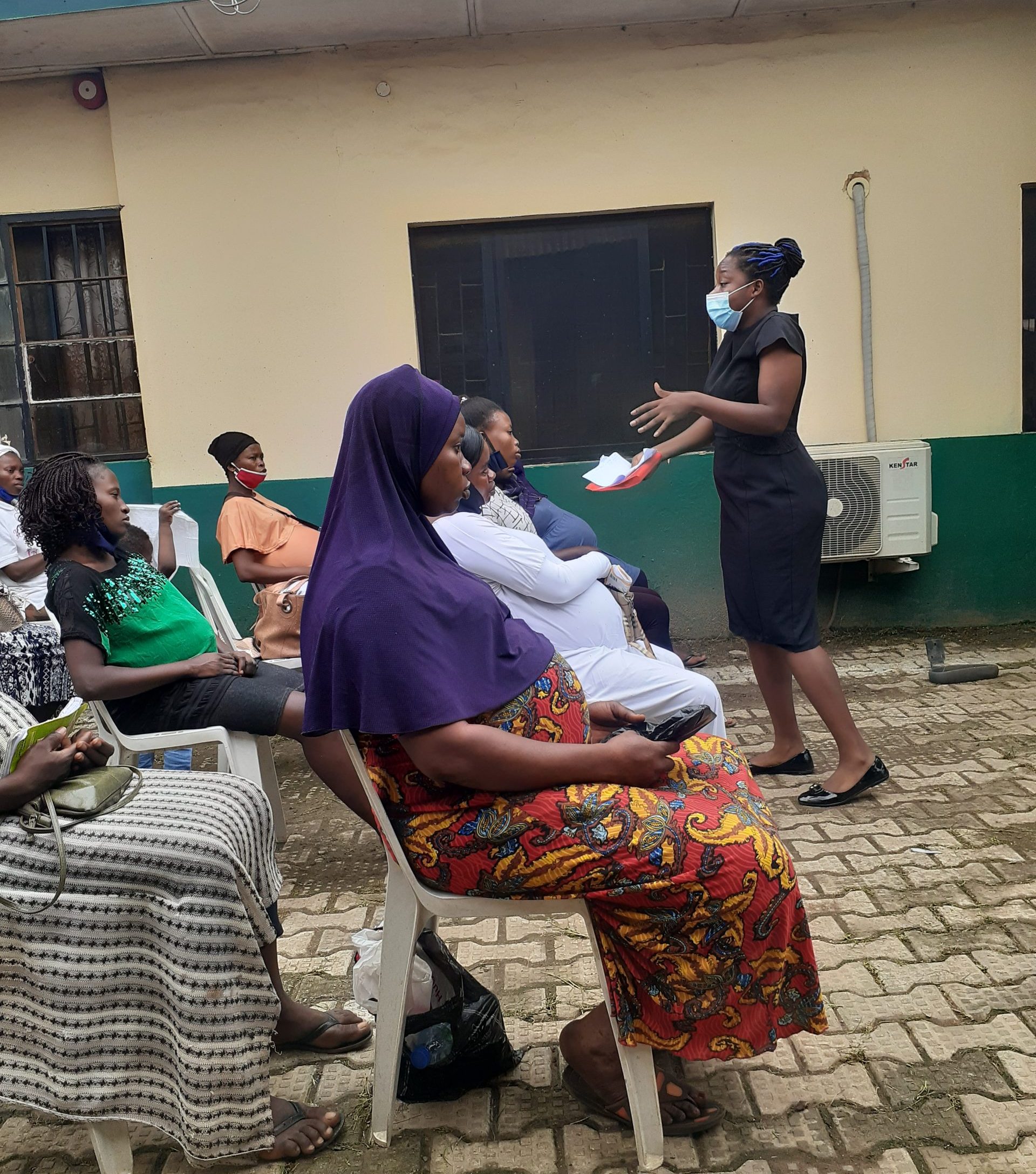Following the news of Senator Chris Ngige (Minister of Labour and Employment, also a medical elder) at the 2022 Budget Defence of his Ministry, where he recommended the bonding of medical and other health workers, so they can serve the country for a period of nine years before migrating to other countries. Here is our take…
Dr. Chris Ngige was right when he said bonding was the best way to reduce the ongoing massive exodus of Nigerian health workers. ‘Bonding’ is not a new phenomenon, not even new in the medical profession in Nigeria.
Here is how bonding works: the government will sponsor students who want to study any of the medical sciences by making their courses tuition free and also provide monthly stipends for the entire period of study. This will be in exchange for a compulsory 2-4 years (depending on the terms agreement) service to the government.
This approach has been in existence in some northern states. Some states pay as high as #70,000 per month for their indigenes who are in medical school, some pay around #28,000 per month, again, depending on your course of study. In exchange, you must work for the government for an agreed period of time in order to fulfill the terms of your bond, this is only fair. This approach is even better because students from very humble backgrounds can aspire to study medical courses under the bond terms. Once you fulfill the terms of your bond, you are free to migrate to anywhere in the world or decide to venture into any other engagement; but this approach has to be optional as students cannot be mandated to take the bond. If your parents are financially fortified to pay your tuition, then you would not have to take the bond. It is that simple! However, if you do not want to serve the government in exchange, you would be mandated to repay the full tuition and stipends according to the terms of the bond agreement.
Bonding students in the medical sciences will ensure continuous availability of healthcare workers in the country. Chevening scholarship works this way too; your tuition is paid and you are given monthly stipends on the terms that you would return to impact your country of nationality for a period of two years.
Dr. Ngige also suggested “nine years” for the period of service to the government. This is where the problem is! Nine years in return for how much? First, let us ask ourselves; what is the average cost of studying Medicine in Nigeria? To have a fair answer, we have to turn to private medical schools in the country. On the average, private schools charge between 3,000,000 NGN to 4,500,000 NGN per session for Medicine and Surgery (So, let’s say 4,000,000 NGN is the average cost). This means that you would need about 24,000,000 NGN to study Medicine in Nigeria (let us assume government schools also charge the same amount as private schools).
24,000,000 NGN is the tuition (even though most schools will not ask for #4,000,000 for the first year in which students only take natural science courses). Stipends will be about 3,600,000 NGN for the entire six years (this is 50,000 NGN per month for six years). The total will be around 27,600,000 NGN for tuition and stipends for the entire six years. This is about $67,000 (calculated using the official exchange of November 12, 2021 in which $1 = 411 NGN).
Let us digress a little. Let us check Fortune 500 companies and what their bond terms are: McKinsey & Co., BCG, Bain & Co. will require two years of service in exchange for paying your tuition in a top tier MBA program. For context, Harvard MBA is about $146,880, Imperial College London MBA is about $76,570, and Lagos Business School MBA is around $17,000. Companies will pay your tuition in a top MBA program and ask you for two years of service in return. Two years!
Meanwhile, Dr. Ngige is proposing nine years in exchange for the $67,000 bond. His argument is not only unsound, it is unfounded. Additionally, Dr. Ngige averred that medical education in Nigeria is almost free which is true for public institutions. In fact, the total cost of tuition for my medical education was less than $3,000. I believe that Dr. Ngige’s suggestion of a 9-year bond was premised low cost of tuition when compared with developed countries. Again, this comparison is out of context as he failed to consider other factors such as standard of living, minimum wage and economic development. For example, an average doctor in the United States earns about $200,000 per year while an average Nigerian doctor does not earn up to $15,000 per year.
Nigeria is a developing country, but if Dr. Ngige will choose to compare Nigeria with the United States and Europe, he should put all the cards on the table.
On whether his speech will cause government to take steps to stop migration of health workers in the interim, it is not likely. Ordinarily, I would have said NO! But recent events have shown to us that the Nigerian government is capable of just anything. Ideally, government cannot place an embargo on this current exodus. It can only develop mechanisms to make medical practice more attractive for health workers to stay back. Legally, the government cannot wake up one day and say all doctors must have worked in Nigeria for nine years before emigrating since there was no agreement to that effect ab-initio.

About Author:



Discussion5 Comments
Thanks for the enlightenment! Dr Chris Ngige should rather be courageous enough to tell FGN the truth; how much they are loosing by not managing our human resources well in the health sector
Thanks for this enlightiment…
Thank you so much for this Dr Olulaja
The government is always quick to compare Nigeria with developed countries when it suits them. How can a government whose minimum wage is about 30k compare cost of education with developed countries? Where do they want the citizens to get the money from? Ngige thinks he is making sense Comparing the cost of medical education in Nigeria with that of US and UK, but he conveniently forgot to compare the renumeration and working conditions in those countries with Nigeria. Why will I spend about 24million Naira on school fees just to be paid less than 180k per month or to be owed months or years of salary. How am I expected to repay the loan under these conditions?
My thoughts exactly.
The author is even super magnanimous to put average Naija Dr’s salary at less than $15,000 per annum. It is conspicuously less than $5,000 per annum.